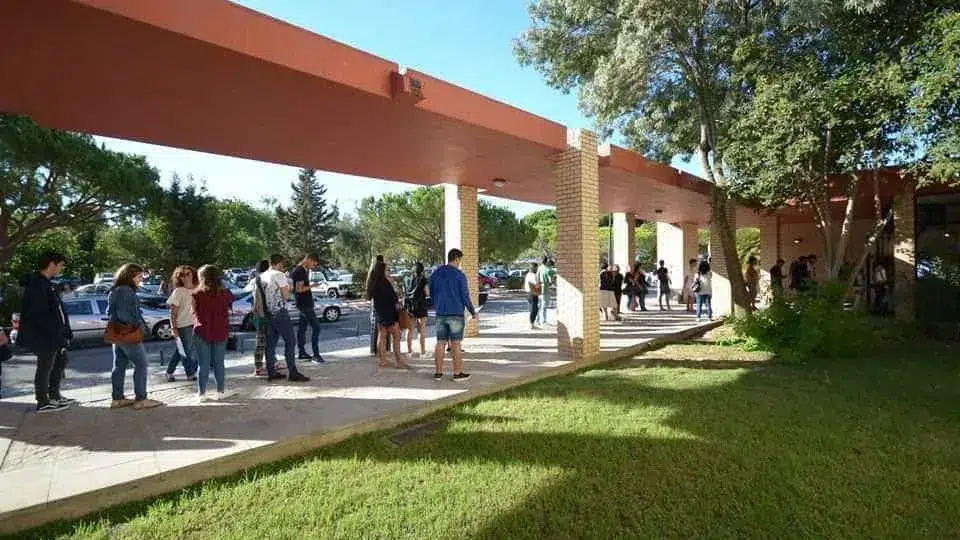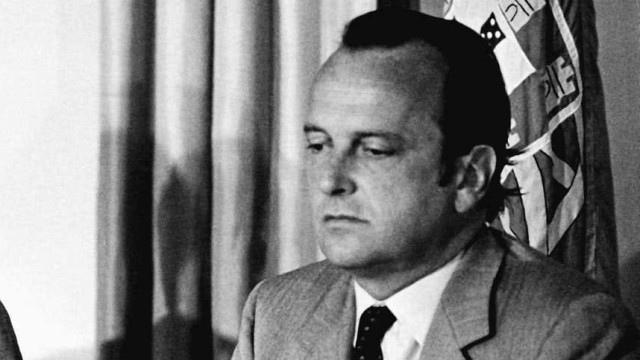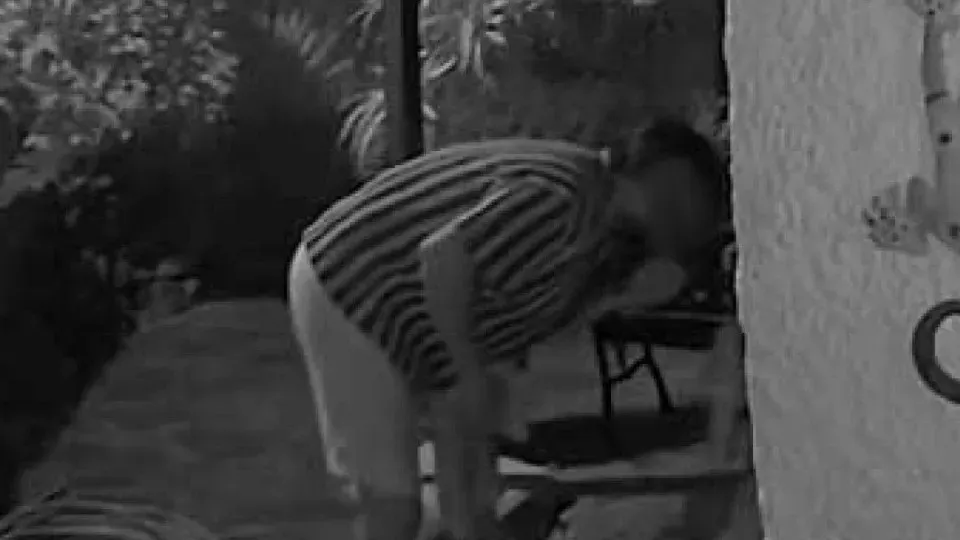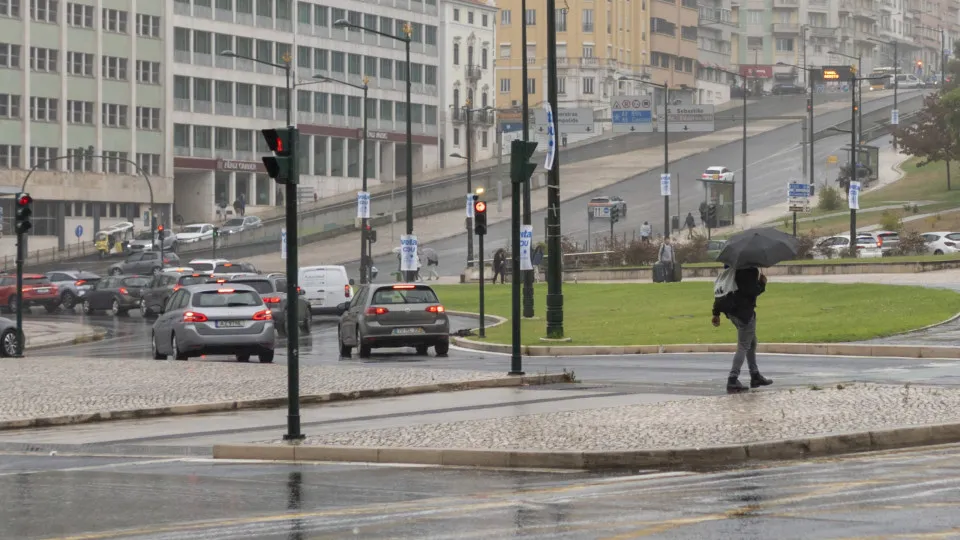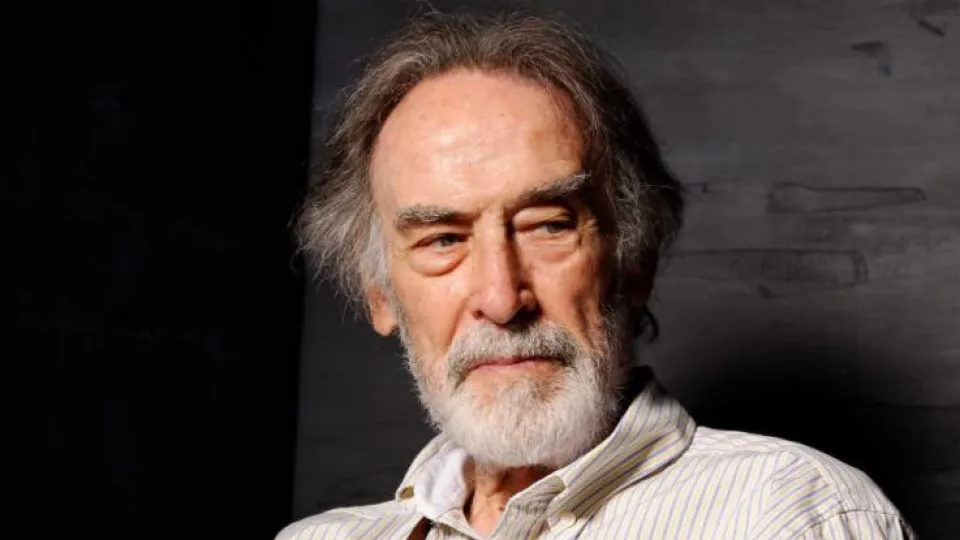
Adolfo Gutkin, an esteemed playwright born in Buenos Aires, Argentina, in 1936, passed away on Saturday while residing in Oeiras. Having been hospitalized in several facilities in the capital for months due to health issues, his death marks the loss of a significant figure in theatre.
Gutkin’s theatrical journey spanned over five decades and traversed continents, influencing Argentina, Cuba, and Portugal with contemporary techniques amidst varying political regimes.
Aged 89 as of August 3, the director and producer founded Teatro do Mundo in Lisbon in the 1980s, headquartered at Teatro Aberto, and later established Teatro Maizum. Additionally, he spearheaded the creation of the Institute for Theatrical Training, Research, and Creation (IFICT) in Portugal.
He began his acting career in Argentina at the Nuevo Teatro de Buenos Aires, portraying modern dramatic authors like Bertolt Brecht, Bernard Shaw, and Georg Büchner.
In his youth, Gutkin co-founded Grupo Juan Cristóbal with Augusto Fernandes, Agustín Alezzo, and Carlos Gandolfo, which was later renamed La Máscara before he joined Teatro Popular Bonaerense, one of the most active independent Argentine stages at the time.
In 1962, inspired by Cuba’s post-Revolution cultural fervor, he relocated there, acting, teaching, and directing, founding a theatre school in Santiago de Cuba and leading the Conjunto Dramático de Oriente for several years.
While in the Caribbean, he directed works by Strindberg, Arrabal, and Pinter, gaining awards at major Cuban and Latin American theatre festivals, lauded for his aesthetic daring and political perspective on theatre’s societal role.
In 1969, he accepted an invitation to Lisbon to lead the theatre group of the Faculty of Law at the University of Lisbon, directing “Volpone” by Ben Jonson, which garnered him the Portuguese Critics Association Award and the Press House Award for Best Show of the Year.
During this period, he briefly returned to Argentina, presenting a new version of Fernando Arrabal’s ‘Cemetery of Automobiles’ in Buenos Aires and Montevideo.
The following year, he returned to Lisbon to stage ‘Volpone’ anew and premiered ‘Melin 4’, both acclaimed by critics and selected for Spain’s San Sebastian International Theatre Festival in 1970.
Honored as a member of the Academic Association of the Faculty of Law of the University of Lisbon, his libertarian activities drew the attention of PIDE, leading to his persecution and expulsion from Portugal in 1973.
Returning to Cuba, he continued with the Conjunto Dramático de Oriente and participated in creating a new TV station in Santiago de Cuba, further establishing his international reputation as a director and educator in contemporary theatre.
After Portugal’s 1974 revolution, Gutkin permanently returned to the country in 1980, settling in Coimbra, where he led the University Students’ Theater with productions showcased at European festivals.
In Lisbon in 1982, he founded Teatro Maizum, directing Fernando Dacosta’s ‘A Second-hand Jeep’, a production praised by the Critics Association and the Secretary of State for Culture.
In 1981, Gutkin presented the IFICT proposal to the Calouste Gulbenkian Foundation, aimed at professionalizing artistic and technical personnel, notably in Portuguese-speaking African countries. Supported by the European Social Fund, it materialized in 1982 with him as its inaugural director.
In 1994, he obtained Portuguese citizenship and later became a commentator with a voice on TSF radio’s program ‘Unaligned, with Adolfo Gutkin’.

